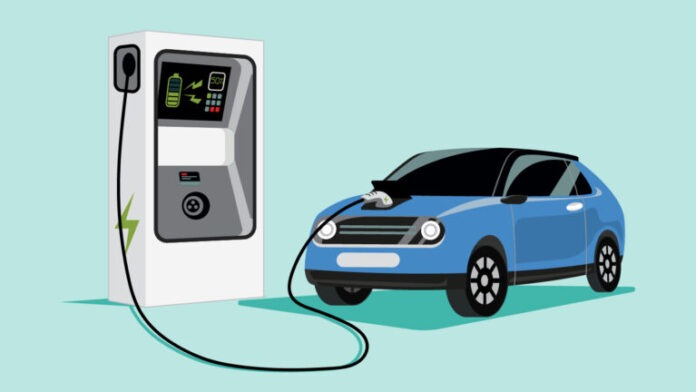Mumbai (Maharashtra) [India]: A significant 64% of global consumers are likely or very likely to choose an electric vehicle (EV) for their next purchase, according to the Tata Consultancy Services (TCS) Future-Ready eMobility Study 2025. The study, launched at the Detroit Auto Show, underscores the growing shift toward sustainable transportation driven by consumer demand and industry transformation.
Key Findings:
The study surveyed over 1,300 stakeholders—including consumers, manufacturers, fleet operators, and EV adoption influencers—across North America, the UK, Continental Europe, and Asia-Pacific.
Sustainability and Cost Savings Drive Adoption
- Consumers: Environmental sustainability emerged as a top motivator for EV adoption, with 63% of influencers aiming to achieve net-zero goals.
- Fleet Operators: Reduced operational costs were highlighted by 53% of fleet adopters as a key driver for transitioning to EVs.
Barriers to Adoption
- Affordability: While 56% of respondents are willing to spend up to $40,000 on an EV, affordability remains a significant barrier.
- Charging Infrastructure: A lack of adequate charging networks was cited as a major challenge by 60% of consumers and 74% of manufacturers.
- Range Anxiety: Consumers have varied expectations for EV range, with 41% favoring a range of 200–300 miles per charge and 31% preferring 300–400 miles.
Regional Disparities
- The U.S. leads in consumer interest, with 72% likely to opt for EVs, compared to just 31% in Japan.
Industry Efforts and Challenges
- Battery Innovation:
- 90% of manufacturers believe advancements in battery range and charging speed will significantly impact EV design and performance.
- 55% are investing in battery research and development.
- Cost Reduction: 78% of manufacturers are focusing on reducing EV production costs to align with consumer expectations.
- Charging Networks: Accelerating investments in charging infrastructure is critical, as highlighted by both consumers and manufacturers.
Positive Outlook for Commercial Fleets
Commercial fleet operators showed a greater willingness to pay a premium for EVs compared to traditional internal combustion engine (ICE) vehicles, signaling optimism in the sector.
Industry Insights
Earl Newsome, Global Chief Information Officer at Cummins, emphasized the transformative nature of electric mobility, stating, “The future of mobility is electric, connected, and sustainable—a transformation that will redefine industries and communities alike.”
Anupam Singhal, President of Manufacturing at TCS, added, “While nearly two-thirds of consumers are open to choosing electric for their next vehicle, manufacturers face challenges like advancing battery technology, complex vehicle designs, and production economics.”
Conclusion
The EV industry stands at a defining juncture, poised to balance consumer demand with technological and economic challenges. Significant investments in battery technology, cost reduction, and charging infrastructure are setting the stage for the industry’s sustainable future.


